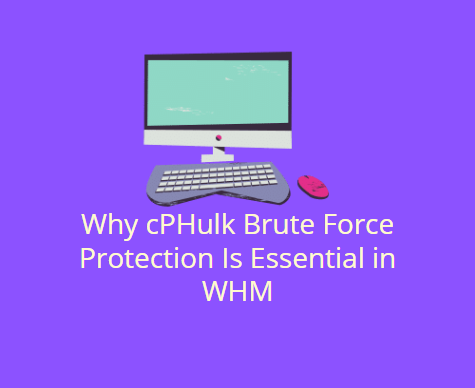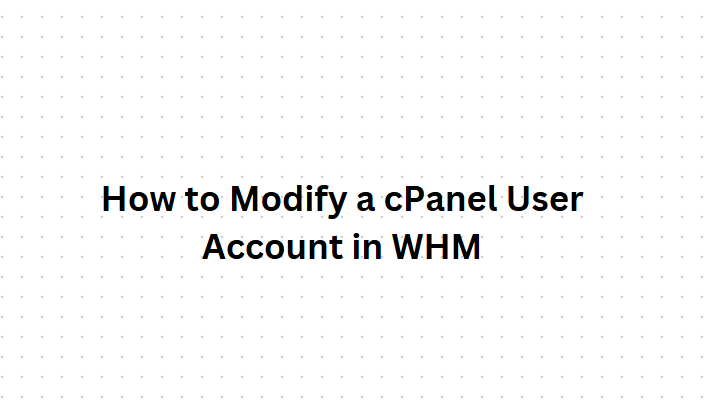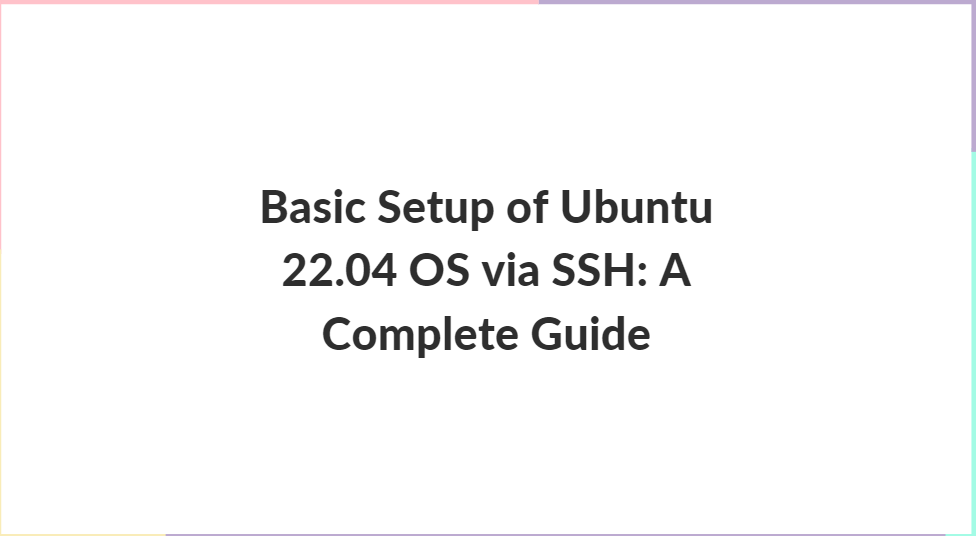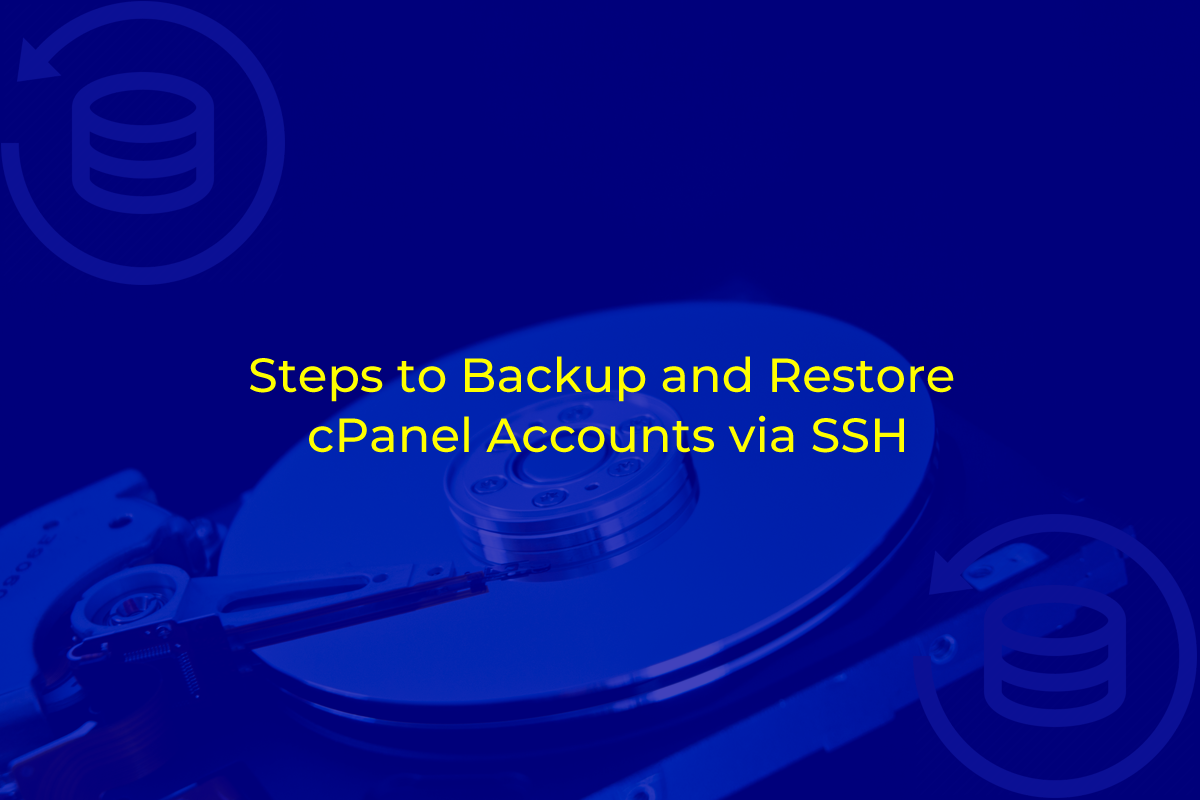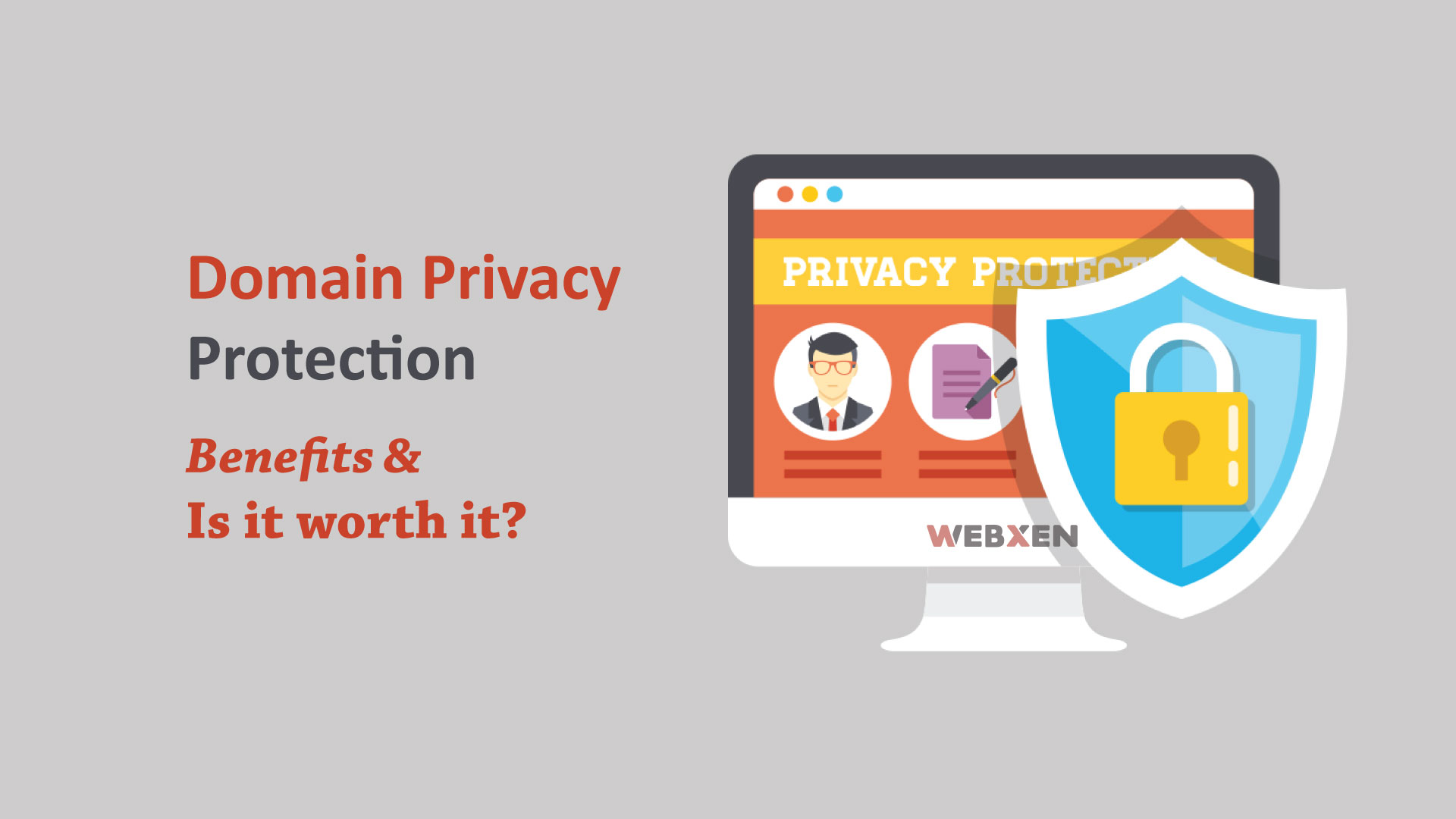
In the digital age, owning a domain is akin to owning a piece of virtual real estate. However, with this ownership comes responsibilities and risks, including the potential exposure of personal information. Domain privacy, also known as WHOIS protection, offers a layer of security by shielding sensitive data from prying eyes. In this guide, we’ll explore the importance of domain privacy and whether you need it for your online endeavors.
Table of Contents
Understanding Domain Privacy Protection
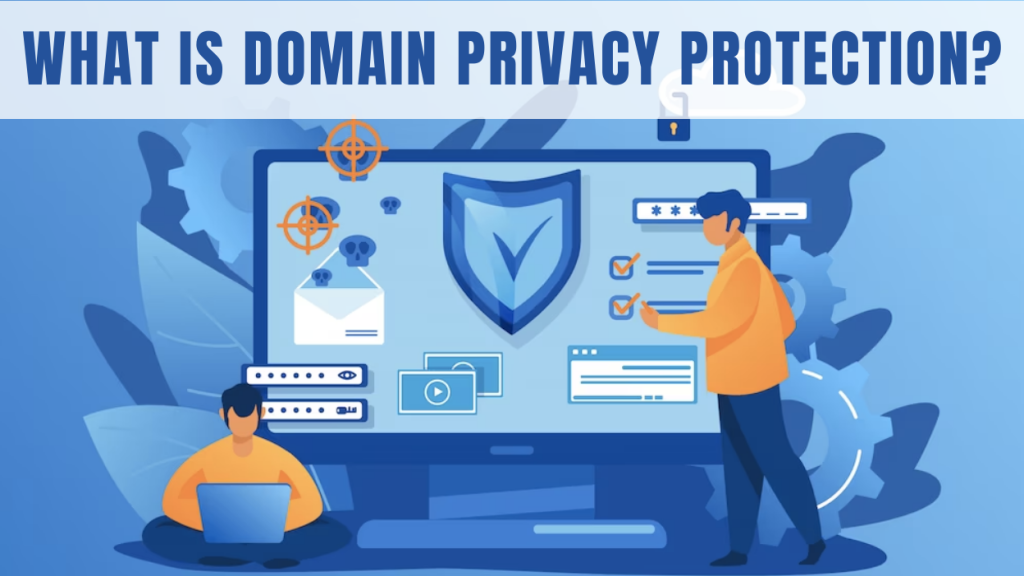
Domain Privacy Protection, also known as WHOIS protection, is a service designed to safeguard the personal information of domain owners from public exposure. When registering a domain, ICANN (Internet Corporation for Assigned Names and Numbers) mandates domain owners to provide contact details like name, address, email, and phone number. This information is stored in the WHOIS database, accessible to anyone via a WHOIS lookup.
However, Domain Privacy Protection steps in to mitigate the risks associated with this public disclosure. By replacing the owner’s personal information with generic registrar details, domain privacy ensures anonymity and shields owners from potential threats like spam emails, phishing attempts, identity theft, and unsolicited solicitations.
In essence, Domain Privacy Protection acts as a protective barrier between domain owners and the vast online community, safeguarding their personal information and preserving their online privacy and security. It offers peace of mind to individuals and businesses alike, allowing them to establish and maintain their online presence without compromising their privacy.
How Does it Work?
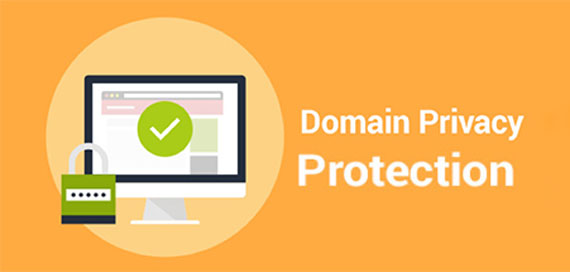
Domain Privacy Protection works by substituting the personal contact information of domain owners with that of a third-party privacy service or the domain registrar itself. When a WHOIS lookup is performed on a domain with privacy protection enabled, instead of revealing the owner’s name, address, email, and phone number, the WHOIS database displays generic contact details associated with the privacy service or registrar.
This anonymization process ensures that the true identity of the domain owner remains hidden from public view while still complying with ICANN regulations. Essentially, Domain Privacy Protection acts as a shield, intercepting inquiries about the domain’s ownership and redirecting them to protect the owner’s personal information from potential misuse or abuse.
The Benefits of Domain Privacy
The benefits of Domain Privacy Protection are numerous and significant:
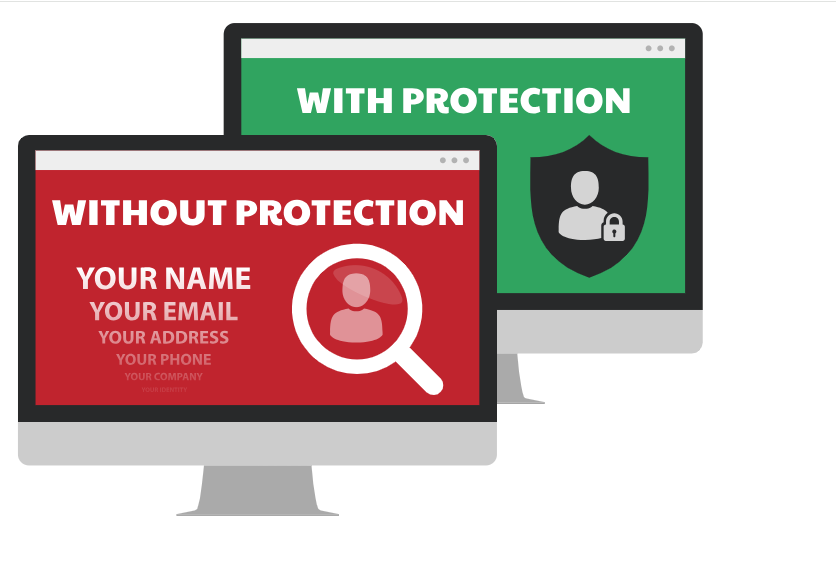
a. Enhanced Security: Without domain privacy, your personal information is readily available to anyone who performs a WHOIS lookup. This exposes you to potential threats such as spam emails, phishing attempts, and identity theft. Domain privacy mitigates these risks by keeping your information confidential.
b. Reduced Spam and Solicitations: Domain owners without privacy protection often find themselves inundated with unsolicited emails, phone calls, and physical mail. By shielding your contact details, domain privacy helps minimize spam and unwanted solicitations, preserving your peace of mind and inbox clutter-free.
c. Protection Against Domain Hijacking: Cybercriminals may exploit publicly available WHOIS information to target domains for hijacking or unauthorized transfers. Domain privacy acts as a deterrent by concealing your domain’s ownership details, making it harder for malicious actors to orchestrate such attacks.
Do You Need Domain Privacy?
Whether you need Domain Privacy Protection depends on various factors, including your individual circumstances, risk tolerance, and the nature of your online activities. If you value your privacy and want to minimize the risk of spam, identity theft, and unsolicited solicitations, domain privacy is highly recommended.
a. Personal vs. Business Use: If you’re registering a domain for personal use, such as a blog or portfolio website, domain privacy may not be a top priority. However, for businesses or individuals conducting online transactions or handling sensitive data, domain privacy is essential to safeguarding personal and corporate information.
b. Risk Tolerance: Consider your risk tolerance and the potential consequences of exposing your contact information. While some may be comfortable with their details being publicly available, others prioritize privacy and opt for domain protection as a preemptive measure against cyber threats.
c. Regulatory Compliance: Certain industries and jurisdictions mandate the use of domain privacy to comply with data protection regulations. Before registering a domain, familiarize yourself with relevant laws and regulations governing online privacy in your region.
How to Enable Domain Privacy Protection
Enabling Domain Privacy Protection is a straightforward process that can typically be done through your domain registrar’s website or control panel. Here’s a general guide on how to enable domain privacy:
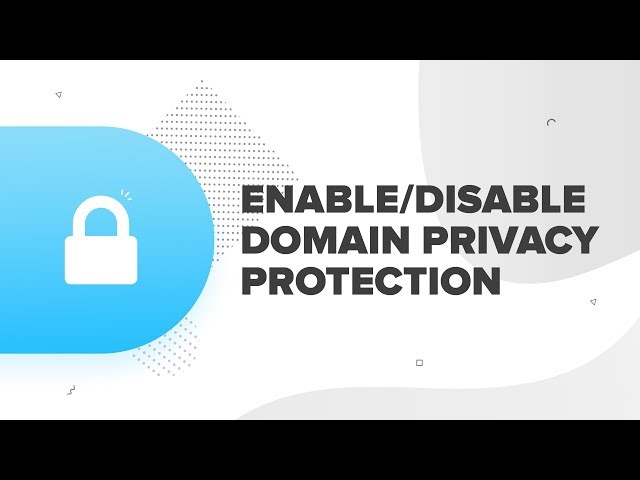
- Log in to your domain registrar’s account: Access your domain management dashboard by logging in to your registrar’s website using your account credentials.
- Locate your domain settings: Navigate to the section where you can manage your domain settings or domain details.
- Enable domain privacy: Look for an option or checkbox labeled “Enable Domain Privacy,” “WHOIS Privacy,” or similar. This option may be located within your domain settings or under privacy/security options.
- Confirm and save changes: Follow the prompts to confirm your decision to enable domain privacy and save your changes. You may need to agree to additional terms or pay a fee for the service.
- Verification: Some registrars may require additional verification steps to enable domain privacy, such as confirming your contact information or completing a verification process.
Once domain privacy is enabled, your registrar will replace your personal contact information with proxy or registrar contact details in the WHOIS database, ensuring your privacy and security online.
Conclusion
In an era where online privacy is paramount, Domain Privacy Protection emerges as a crucial safeguard for domain owners. Whether you’re an individual blogger, small business owner, or e-commerce entrepreneur, the benefits of domain privacy extend far beyond mere anonymity. By shielding your personal information from prying eyes, domain privacy empowers you to navigate the digital landscape with confidence and peace of mind. Evaluate your needs, assess the risks, and make an informed decision to protect your online presence with domain privacy.

